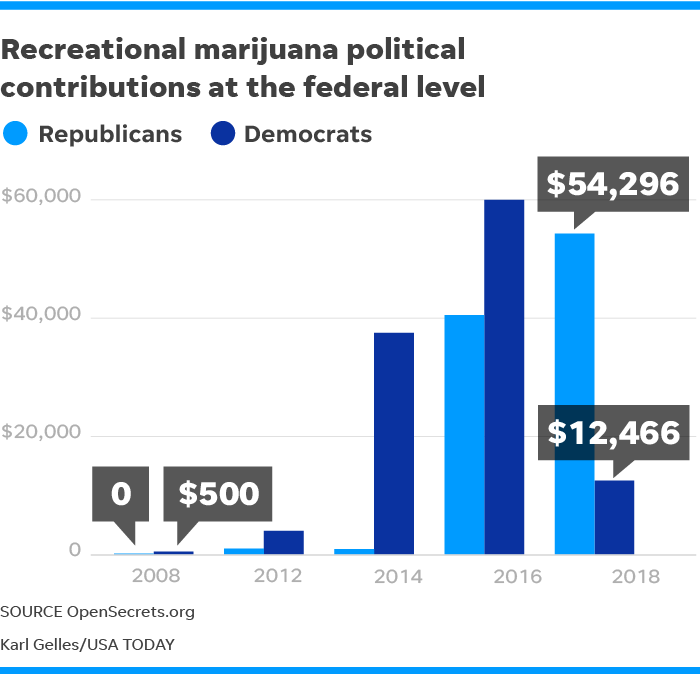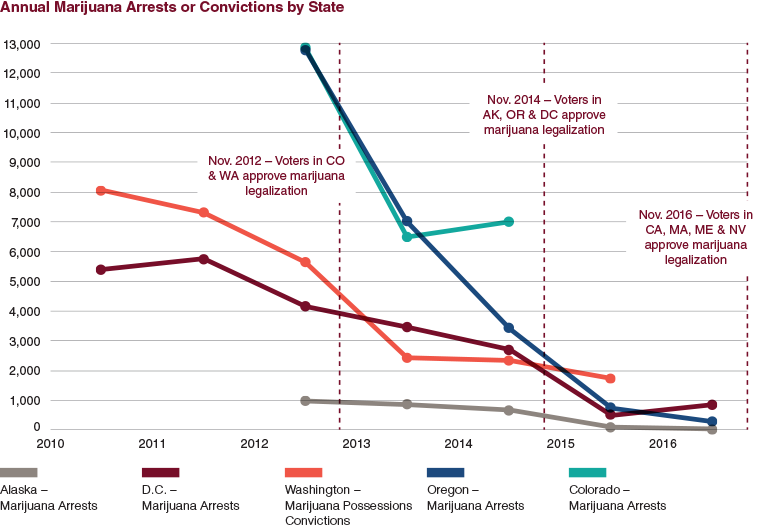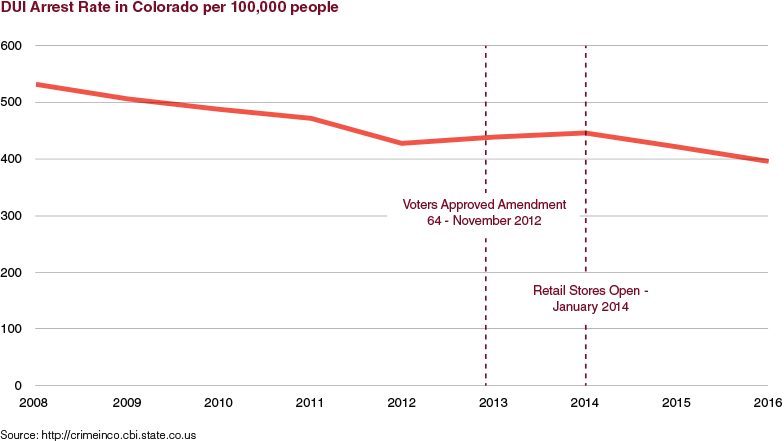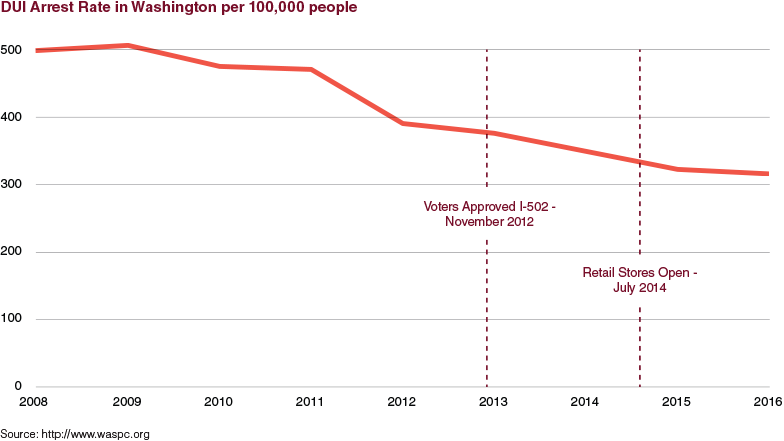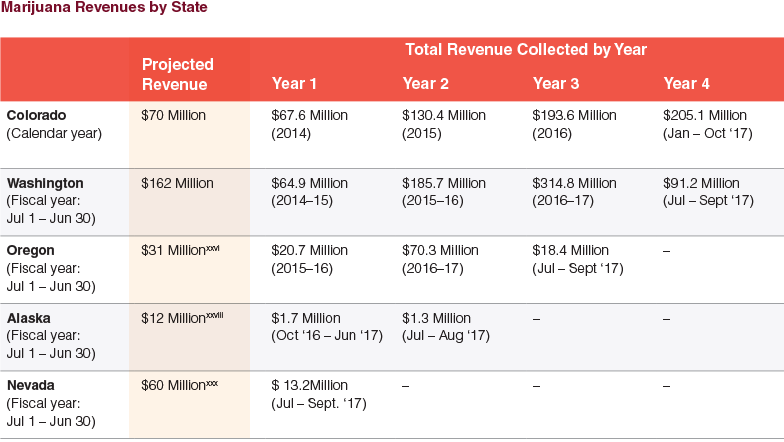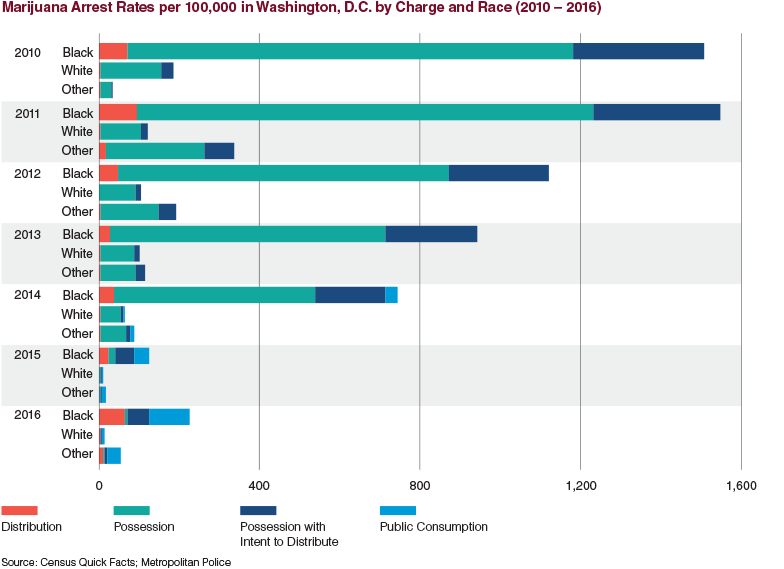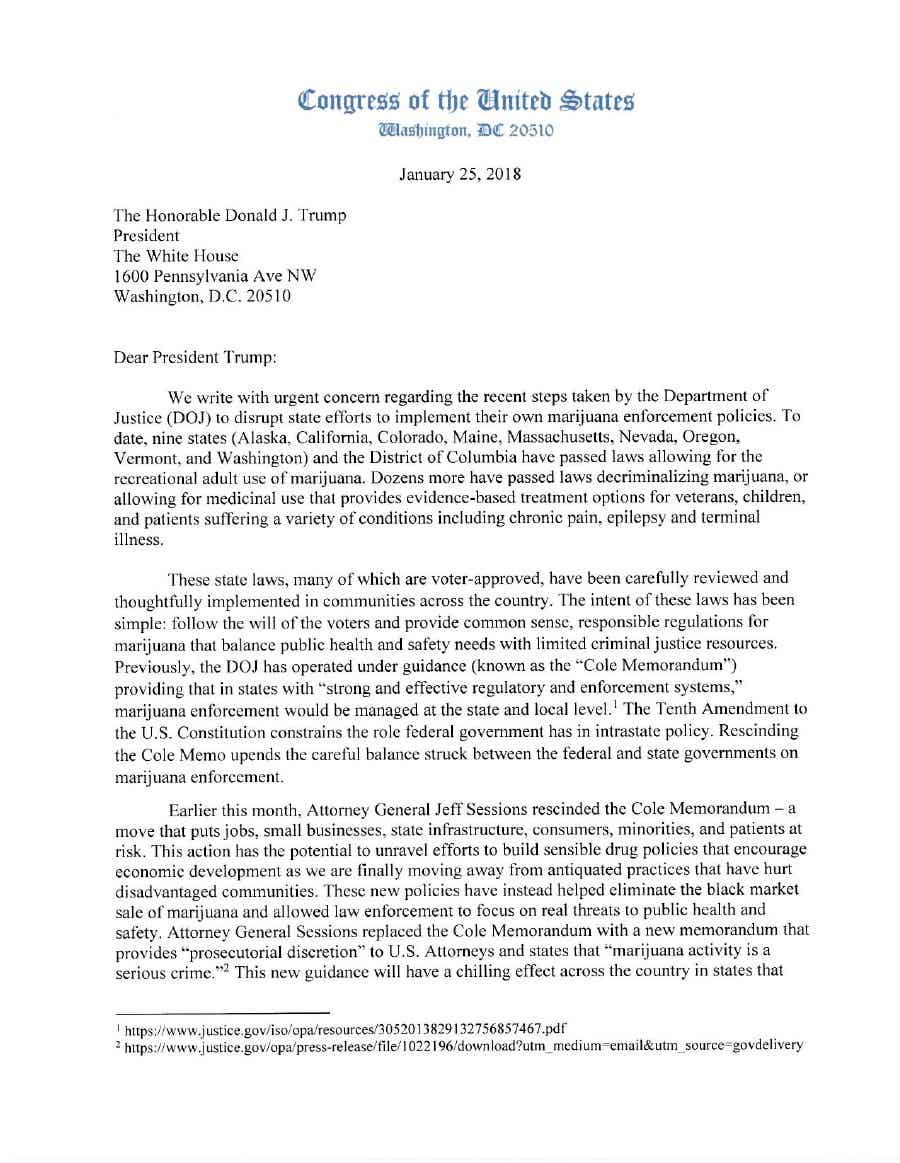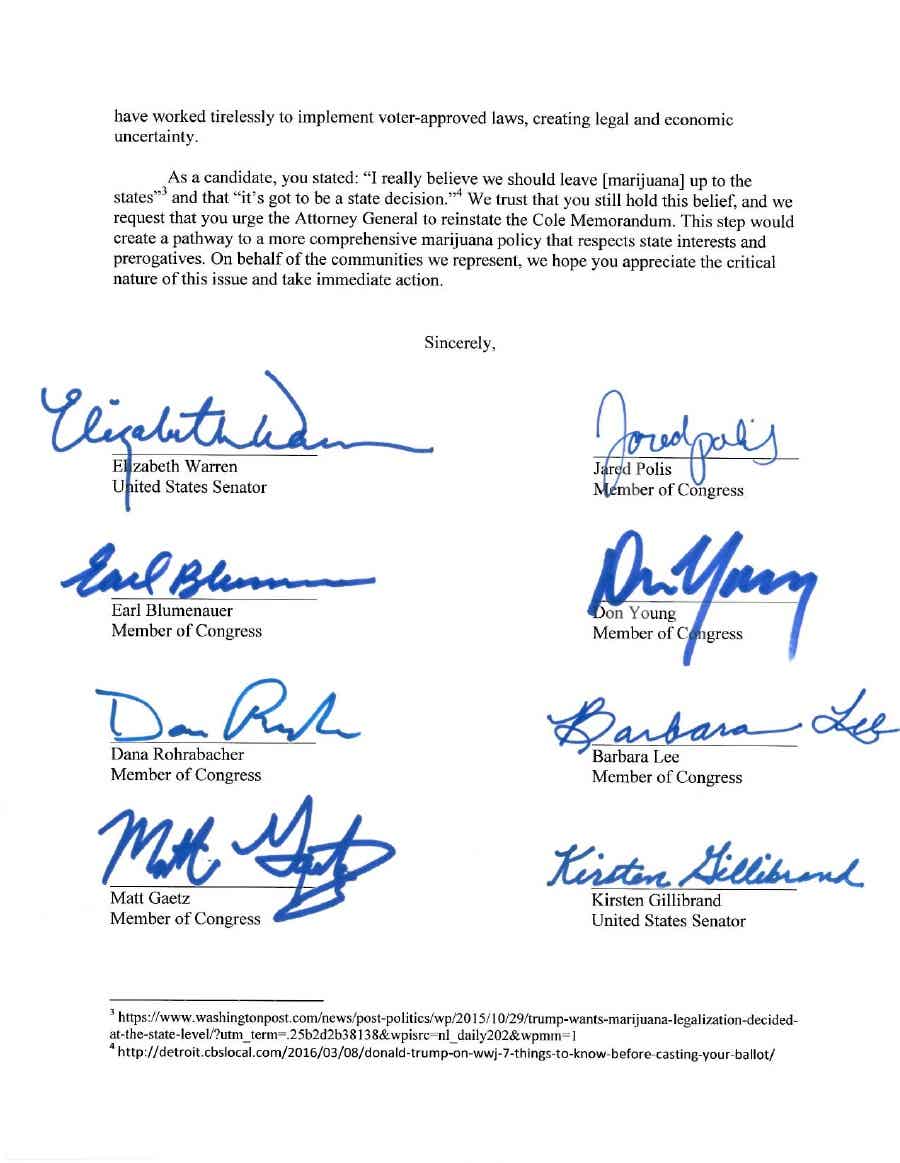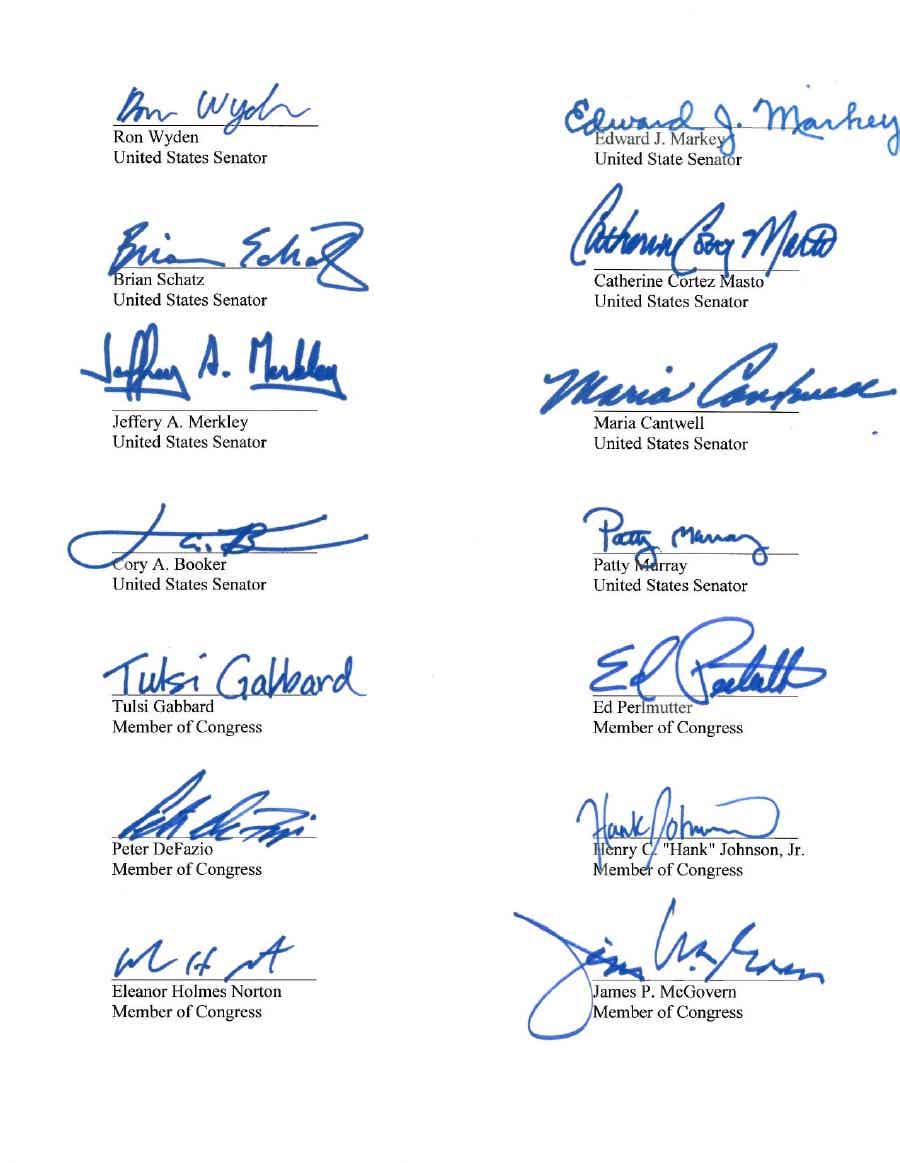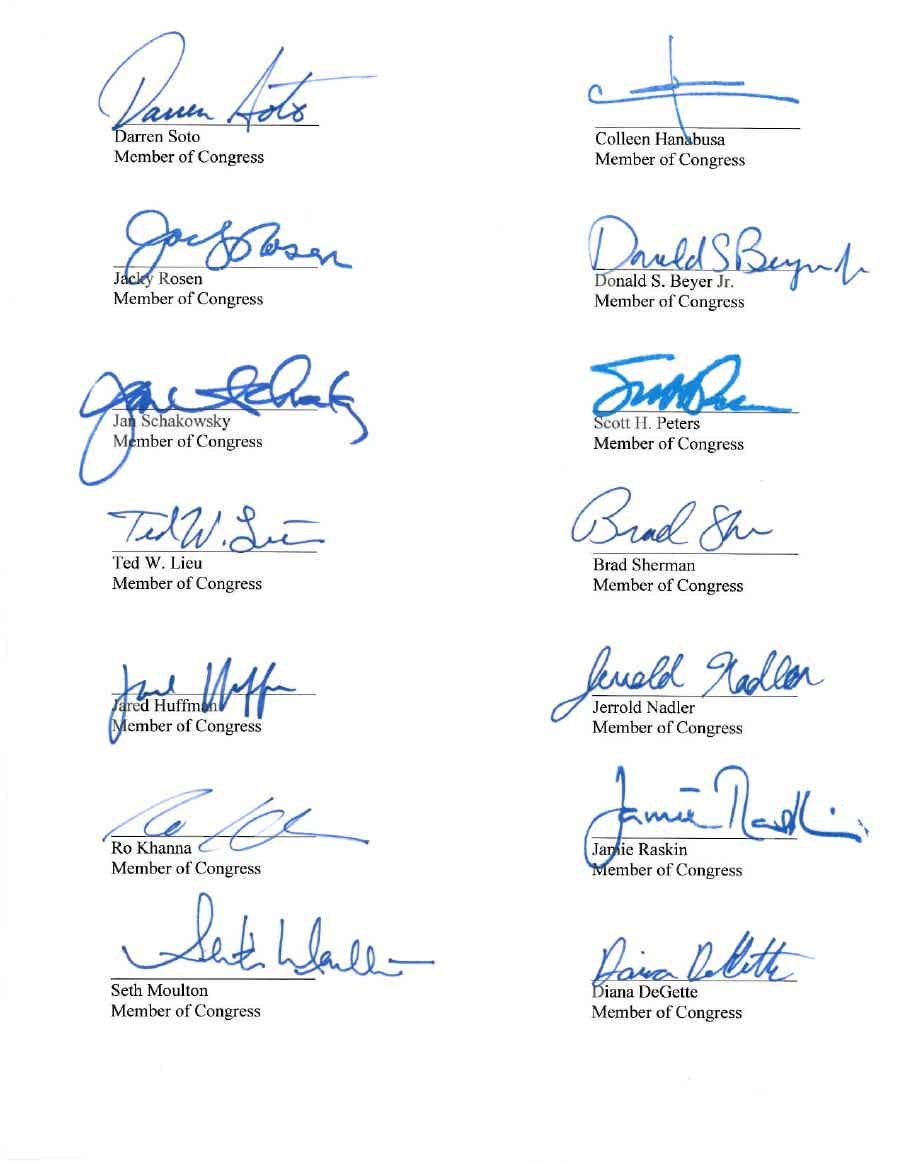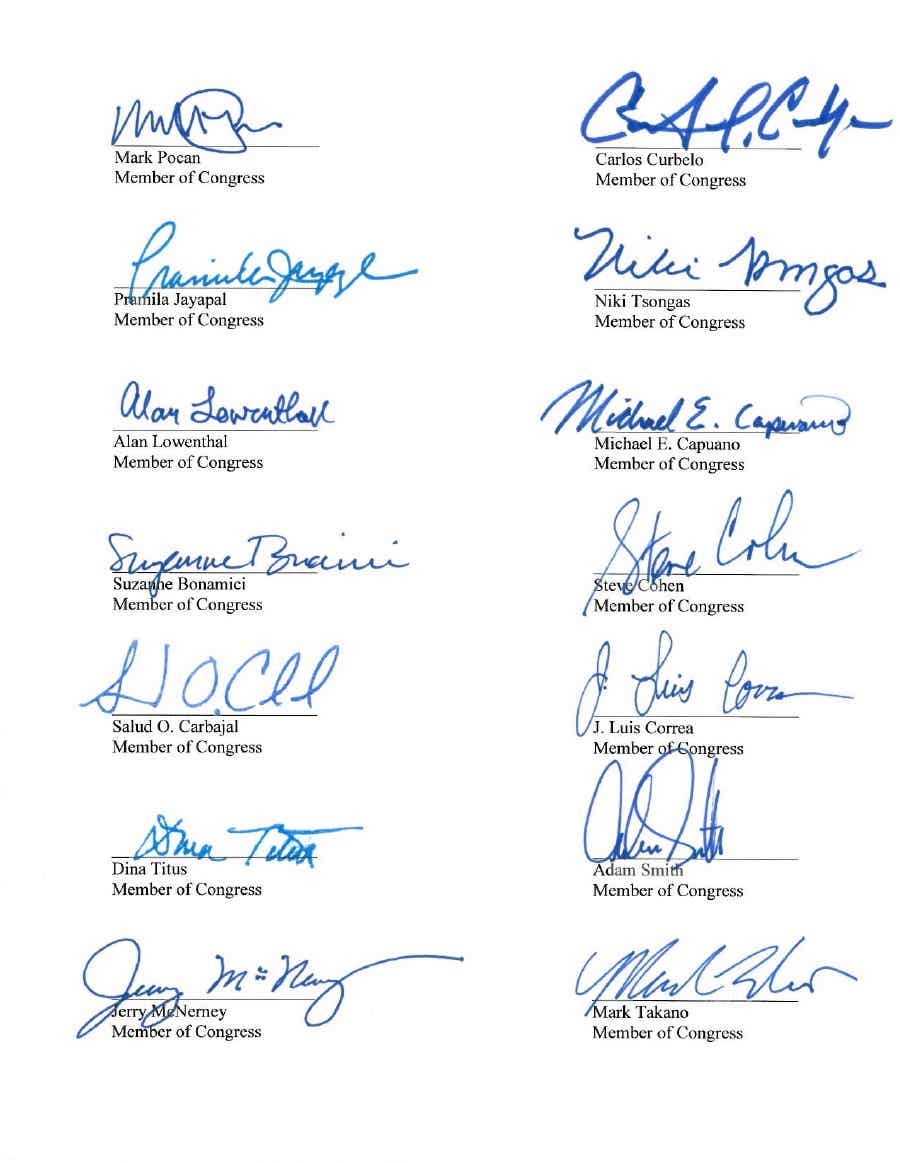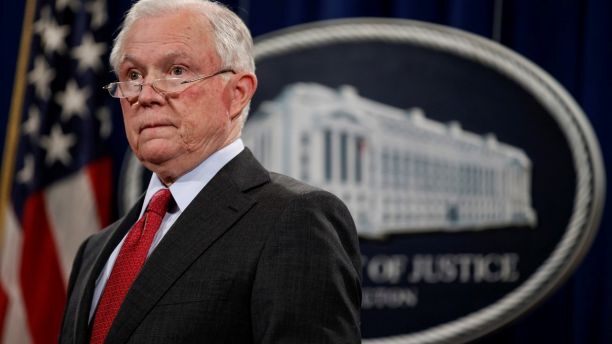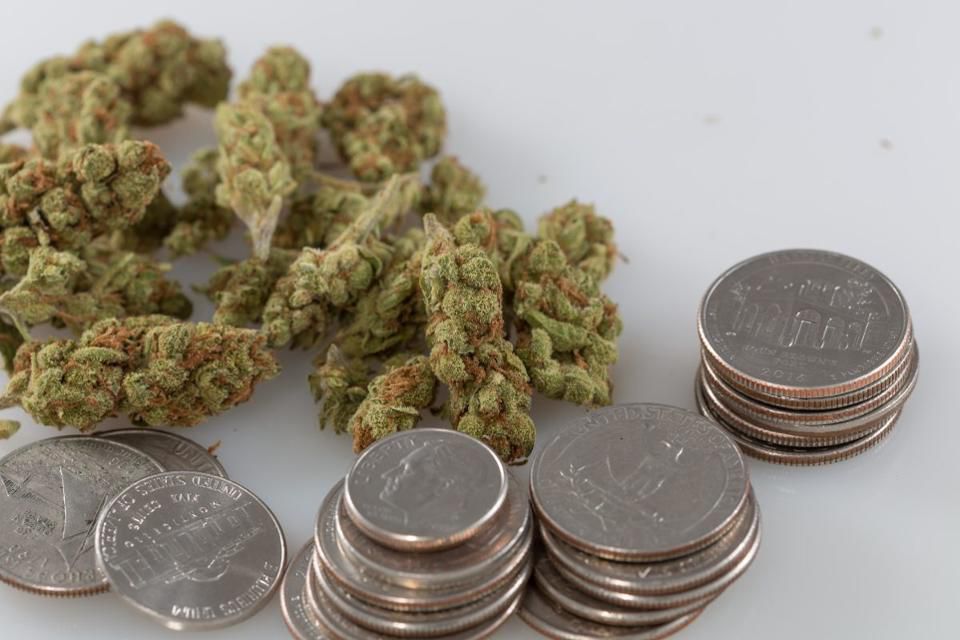Baron23
Well-Known Member
"Over the past few years, America’s elected officials from both sides of the aisle have helped introduced several pieces of meaningful legislation to address the heady topics of cannabis research, recreational marijuana sales, and incarceration in a constructive way."
Just a little bit of commentary. LOL
U.S. House Cultivates New Bill to Stop DOJ Cannabis Crackdown
California Congresswoman Rep. Barbara Lee (D-13th District) filed some powerful legislation last Friday aimed at protecting America’s burgeoning marijuana industry. Known as the Restraining Excessive Federal Enforcement & Regulations of Cannabis Act of 2018, HR 4779 would prohibit the U.S. Department of Justice (DOJ) and Attorney General Jeff Sessions from wasting taxpayer dollars on the needless enforcement of federal marijuana laws.
Baptized as the “REFER Act of 2018,” the protective piece of legislation would prohibit the DOJ from utilizing federal funding to “detain, prosecute, sentence, or initiate civil proceedings against an individual, business or property, that is involved in the cultivation, distribution, possession, dispensation, or use of cannabis,” provided those activities are in compliance with state law and local regulations.
Cosponsored by Oregon Rep. Earl Blumenauer (D-3rd District), Nevada Rep. Dina Titus (D-1st District), and Colorado Congressman Jared Polis (D-2nd District), HR 4779 also received the bipartisan support of Alaska’s “at-large” representative Don Young (R).
Lee, who received assistance from the National Organization for the Reform of Marijuana Laws (NORML) in the drafting of the legislations verbiage noted, “I’m proud to introduce the REFER Act, which would prevent the Attorney General and others in the Trump Administration from stifling the budding cannabis industry.”
As identified in the REFER Act’s short proposal, the bill would have three primary functions:
- The DOJ would be prohibited from utilizing taxpayer money to prevent a State or unit of local government from implementing or maintaining its state law or regulations that authorize the use, distribution, possession, or cultivation of cannabis
- No taxpayer funds shall be utilized to detain, prosecute, sentence, or initiate civil proceedings against an individual business or property, that is involved in the cultivation, distribution, possession, dispensation, or use of cannabis, in accordance with the law or regulation of the State or unit of local government in which the individual is located
- No taxpayer funds shall be used to penalize a financial institution solely because the institution provides financial services to an entity that is a manufacturer, producer, or a person that participates in any business or organized activity that involves handling cannabis or cannabis products
Critically aware of the important nature of this legislative effort, Rep. Lee explained to Forbes “The REFER Act would go a long way to preventing cannabis bigot AG Jeff Sessions from cracking down on the states that have legalized cannabis.”
Note: On high alert this week, the marijuana industry will be keeping a watchful eye on Congress as its most recent deadline for authorizing a spending bill comes due Friday. Extended in that bill resides the Rohrabacher-Blumenauer amendment, which provides specific protections to legal medical marijuana programs and their patients.

